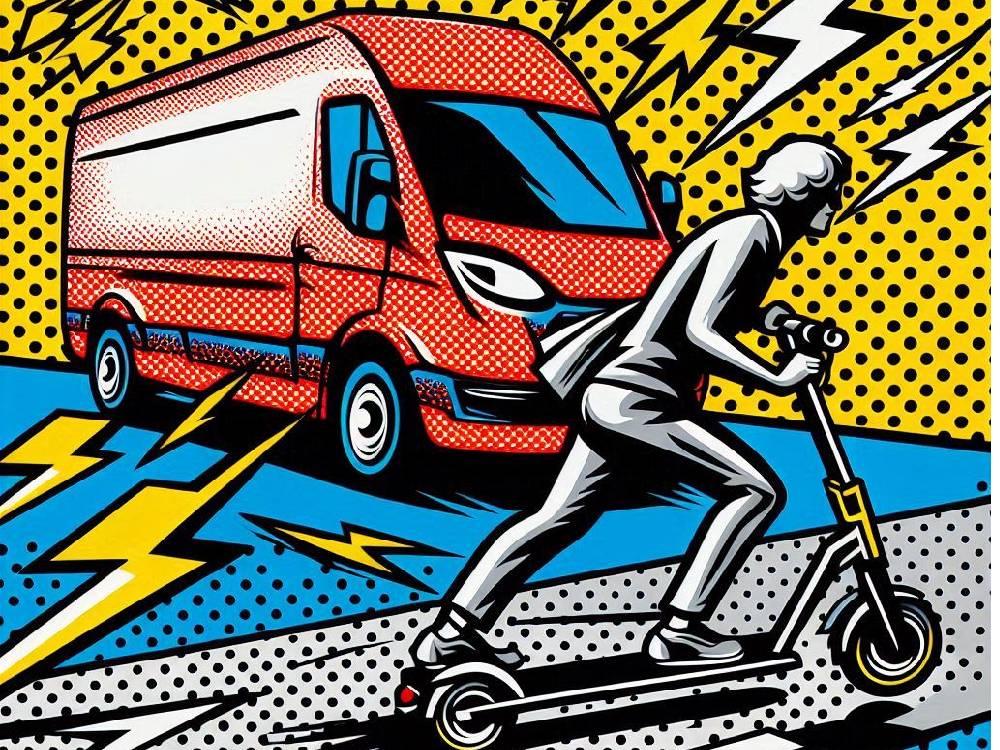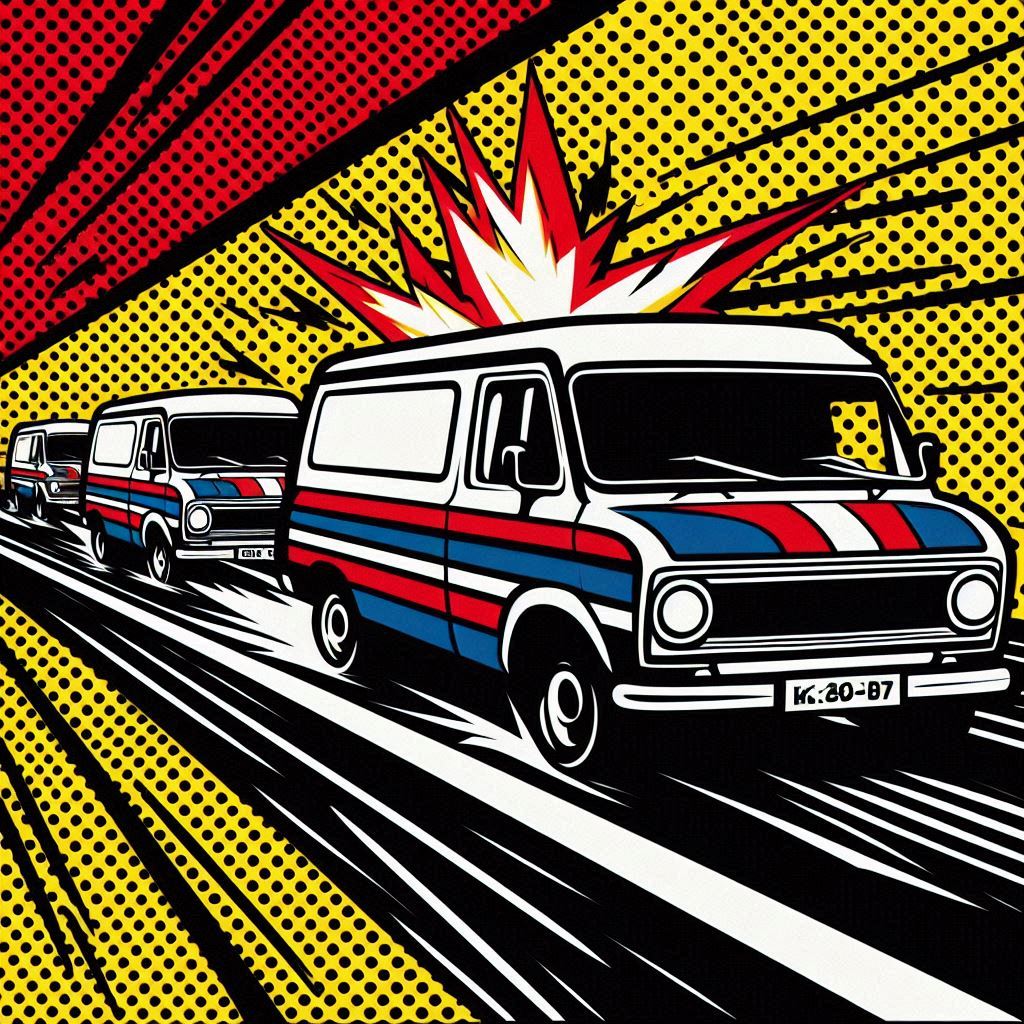Fame. It may not be every delivery driver’s dream, but unfortunately (or fortunately, depending on how you look at it) for some, you may end up getting it anyway. All it takes is a short clip (around 15 seconds) and some musical talent from our now famous delivery driver.
The clip, which has gone viral on a social media app called Tiktok, has gained 1.8 million views so far. The video continues to gain traction and more and more people are acknowledging the talents of the blessed takeaway driver.
As you may know, when placing an order for a takeaway online/through an app, you are able to provide additional details. These details could be crucial for the delivery driver. For example, if you can only choose from an option of Flat 4 as your door number… when there’s actually a Flat 4A, 4B and 4C.
However, this particular user on Tiktok (@kfresh420kickit), decided to upload his first video showing his hilarious demand for his food delivery. He asked the driver to:
“Knock a cool beat so I know it’s you and not a bad guy.”
Not your everyday delivery instruction, huh?
You can view the viral clip below:
@kfresh420kickit♬ original sound – kfresh420kickit
Now, we’re willing to bet that takeaway shops and delivery drivers get strange requests like this all the time. Perhaps, asking the chef to write their favourite joke on the inside of their pizza box. Or, to climb in through the window and deliver the Amazon goods straight into the kitchen. We’re sure they’re a lot more interesting than that, too.
In this case, the brave driver delivered the tasty goods, as well as a barrel of laughs, by singing and thumping a drumbeat on the door. Okay, we’ll be honest, it isn’t like the poor fella is the new Mozart, Eminem or even Justin Bieber, but he can definitely drum along to the tune of Seven Nation Army by The White Stripes. And successfully, too. Surely that’s talent, otherwise, we don’t know what is. If you’re not sure what song that is, you can listen to it here.
If your dreams don’t quite involve fame, singing or dancing, you can keep it real right here. Or, if you’re thinking about becoming a delivery driver and need to insure your van, simply get a quote by filling out this form (singing a tune not required).







